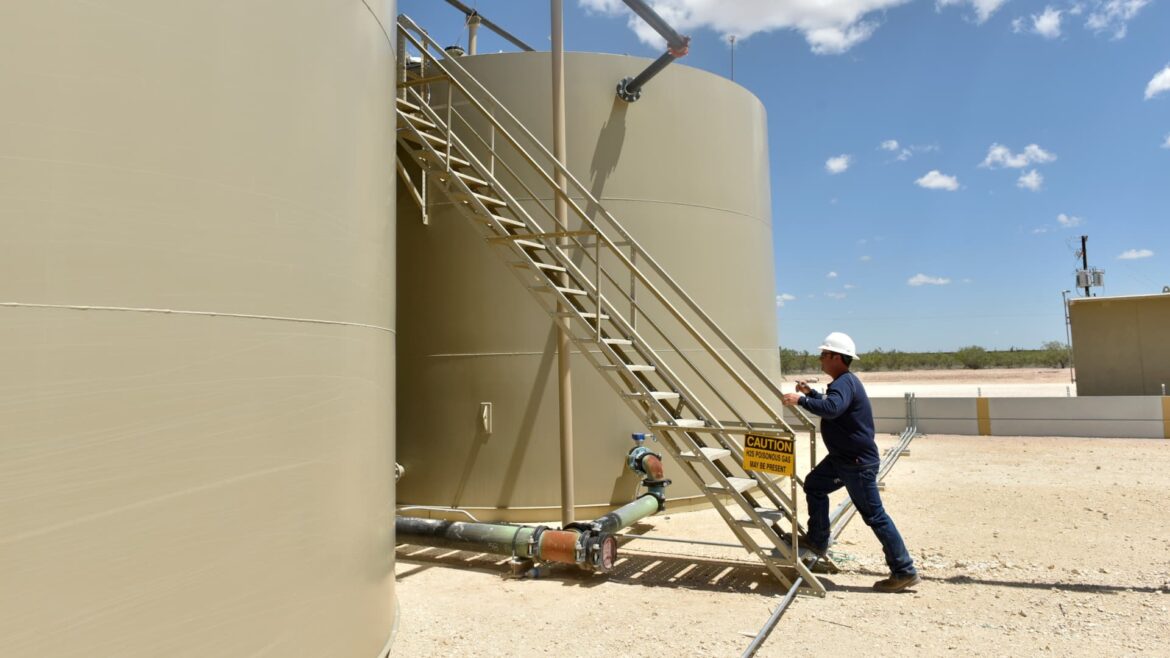Investors should stay overweight on commodities with a focus on energy to hedge against inflation as interest rate cuts will likely to come later than originally forecast, according to JPMorgan. “We are not out of the woods yet on inflation, and the current backdrop of above-trend growth raises the risk that inflation will re-emerge as a problem for both central banks and markets,” Marko Kolanovic, JPMorgan’s chief market strategist, told clients Tuesday. Inflation has surprised to the upside in the U.S. and Western Europe in recent months, particularly in the services sector, according to Kolanovic. Economic growth is also coming in stronger than expected with JPMorgan revising global growth upward by 0.5% in the first half of this year. The investment bank now expects the Federal Reserve to start cutting interest rates in July, though still sees 75 basis points of cuts through year end. “However, ongoing growth resilience and sticky inflation raise the odds of fewer cuts,” Kolanovic cautioned clients. “A key unknown is how much this would reverse the easy financial conditions that have helped support growth.” Kolanovic advised investors to stay overweight on commodities with a focus on energy as oil prices rally. The crude rally is hitting the global economy at the same time as conflict in the Red Sea disrupts shipping and demand puts upward pressure on prices, he said. JPMorgan expects Brent prices could rise to $100 a barrel by September as OPEC+ member Russia slashes production and Ukraine escalates drone attacks against the country’s energy infrastructure. Brent was trading above $90 a barrel on Tuesday. Ukraine has hit 18 Russian oil refineries so far with a total annual capacity of 3.9 million barrels per day. An estimated 670,000 barrels per day of Russian refining capacity is currently shuttered, according to JPMorgan. The attacks could force Russia to cut production further and ban gasoline exports. The U.S., however, could tap the strategic petroleum reserve as a countermeasure if the situation escalates and deteriorates further, according to JPMorgan.


